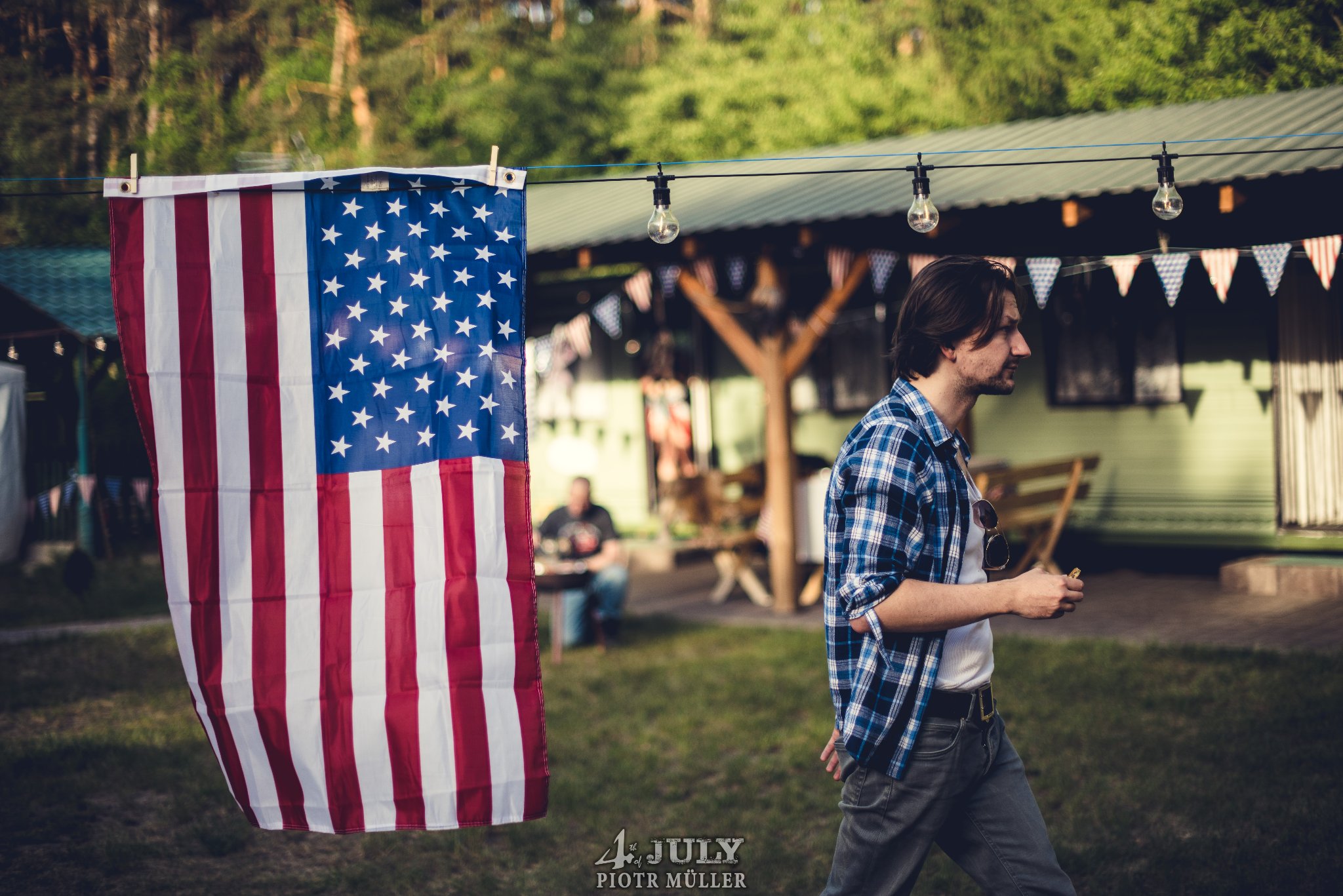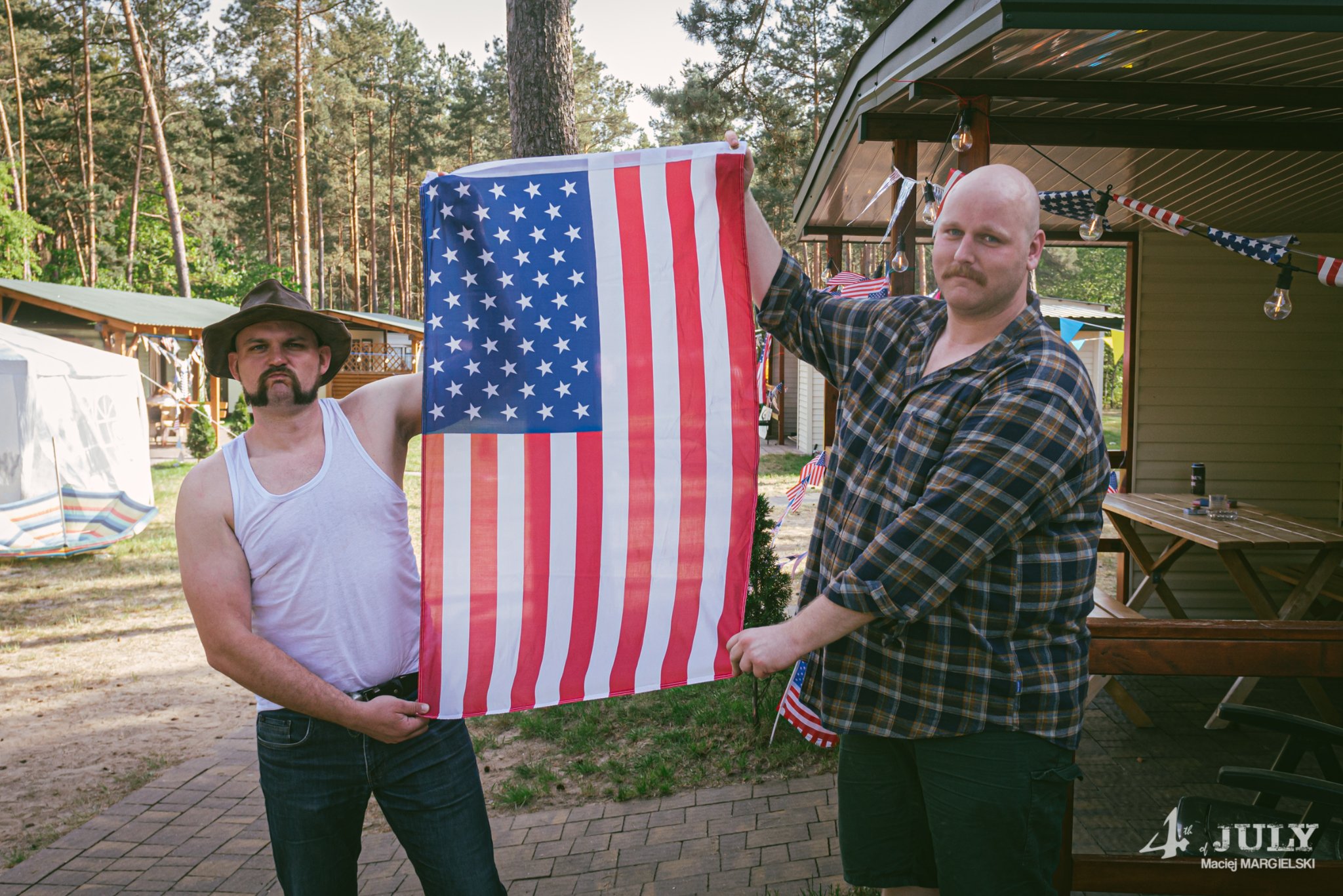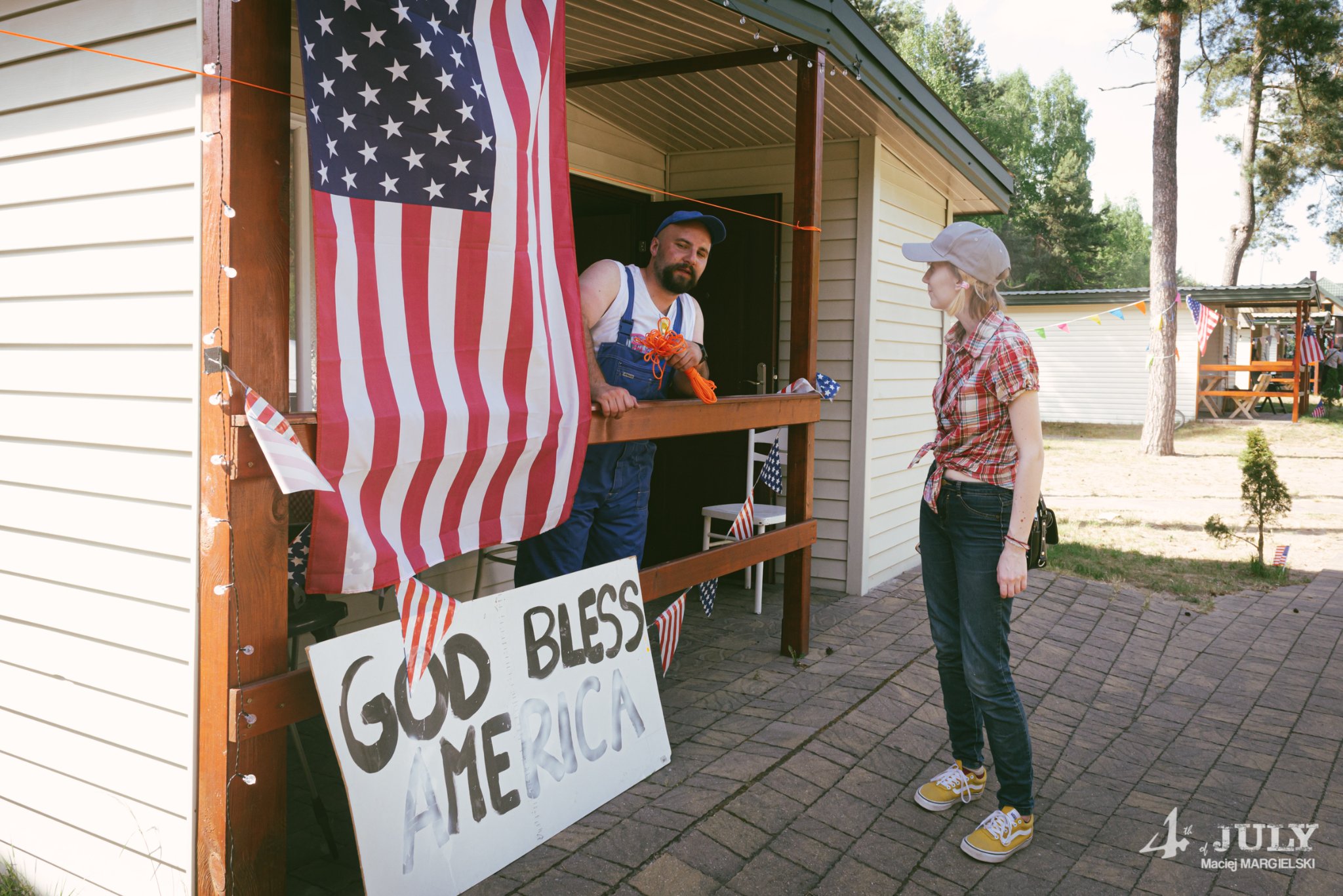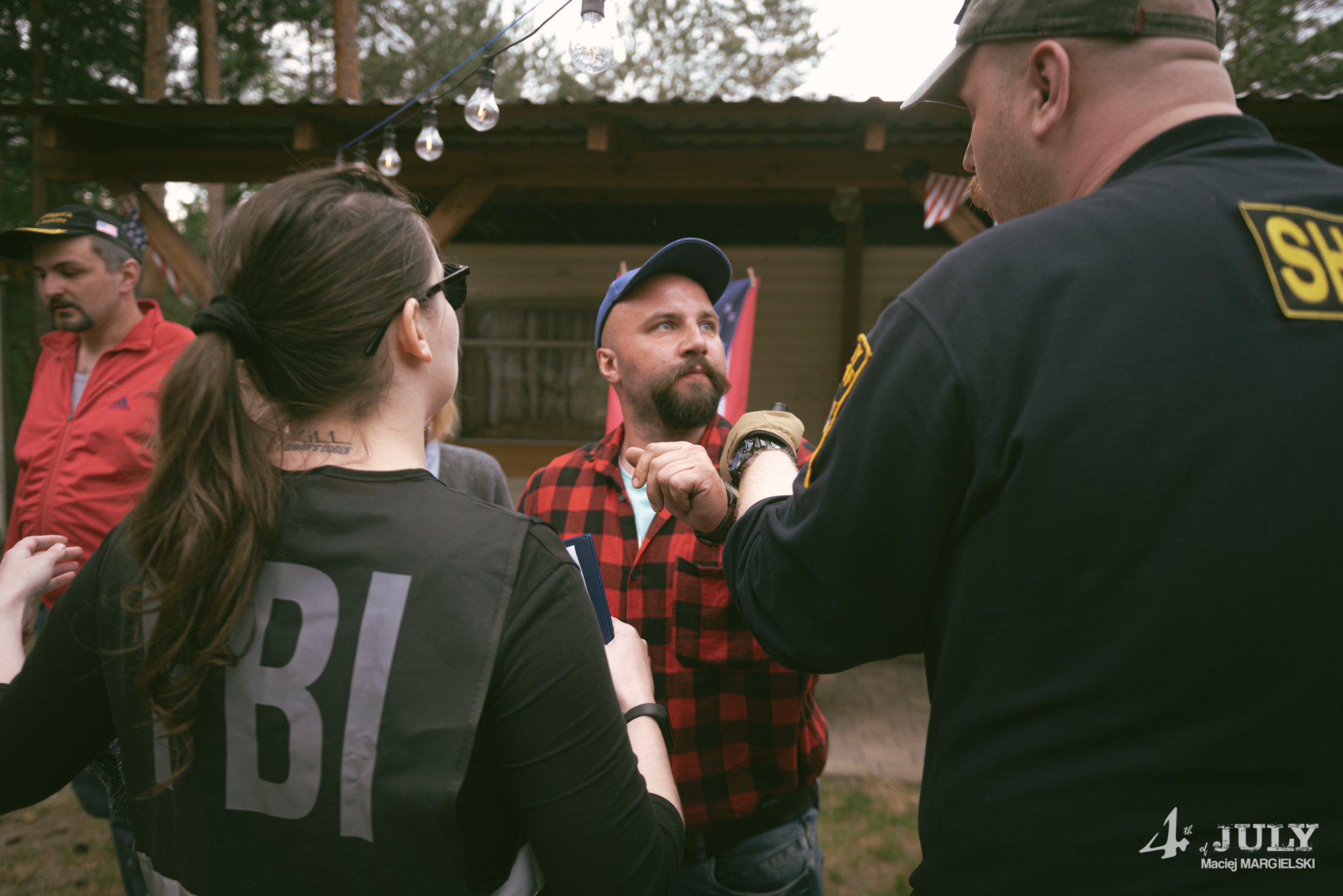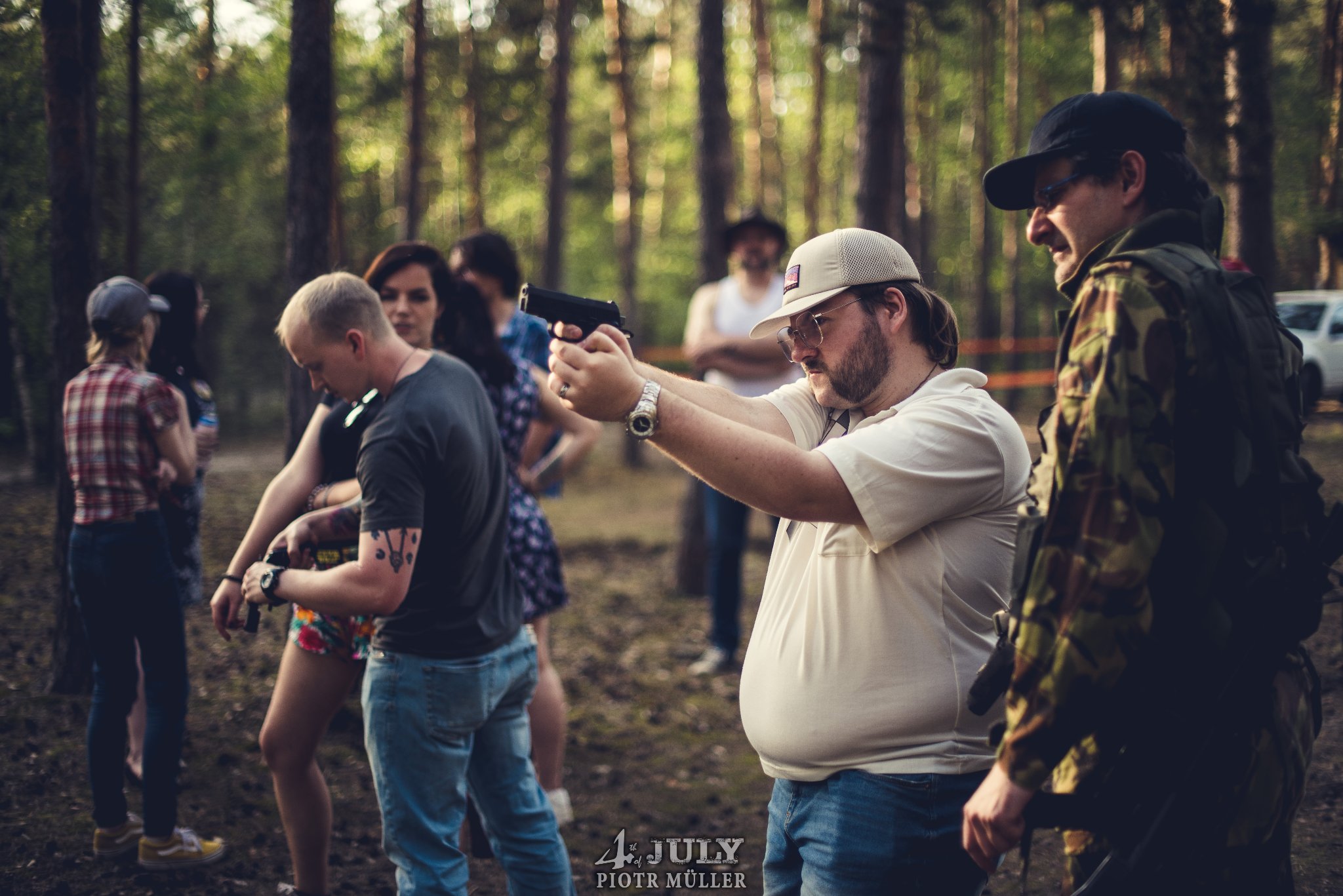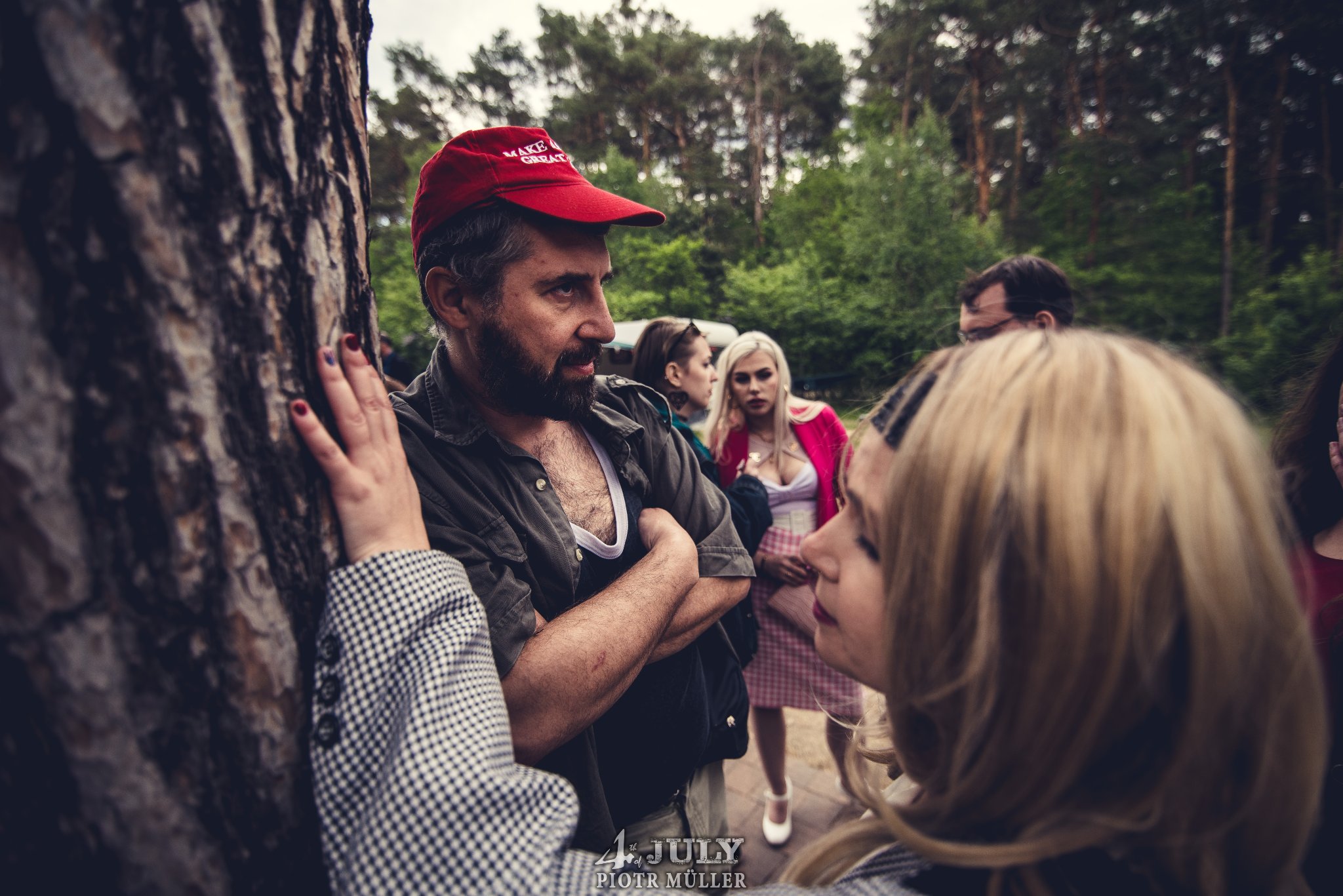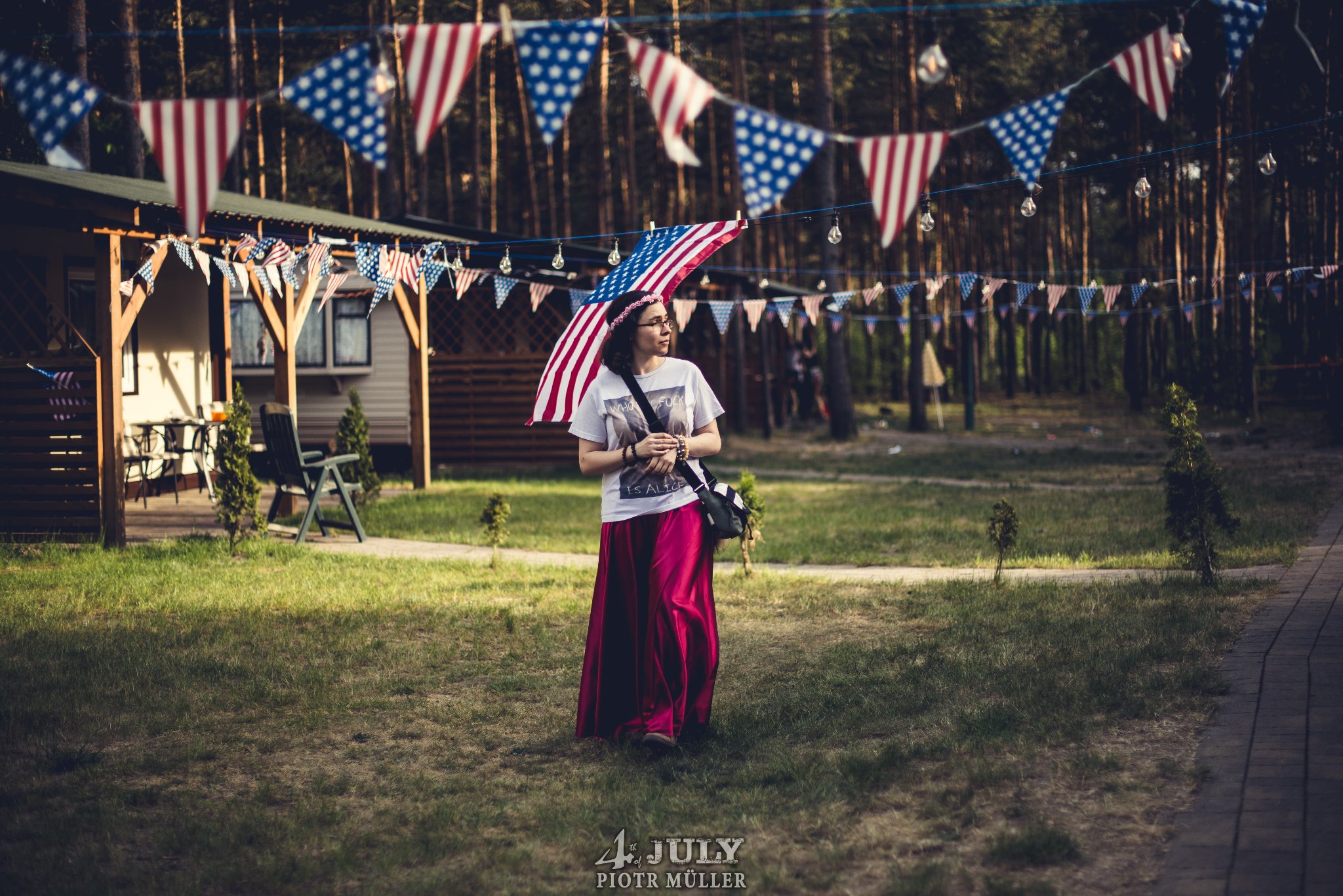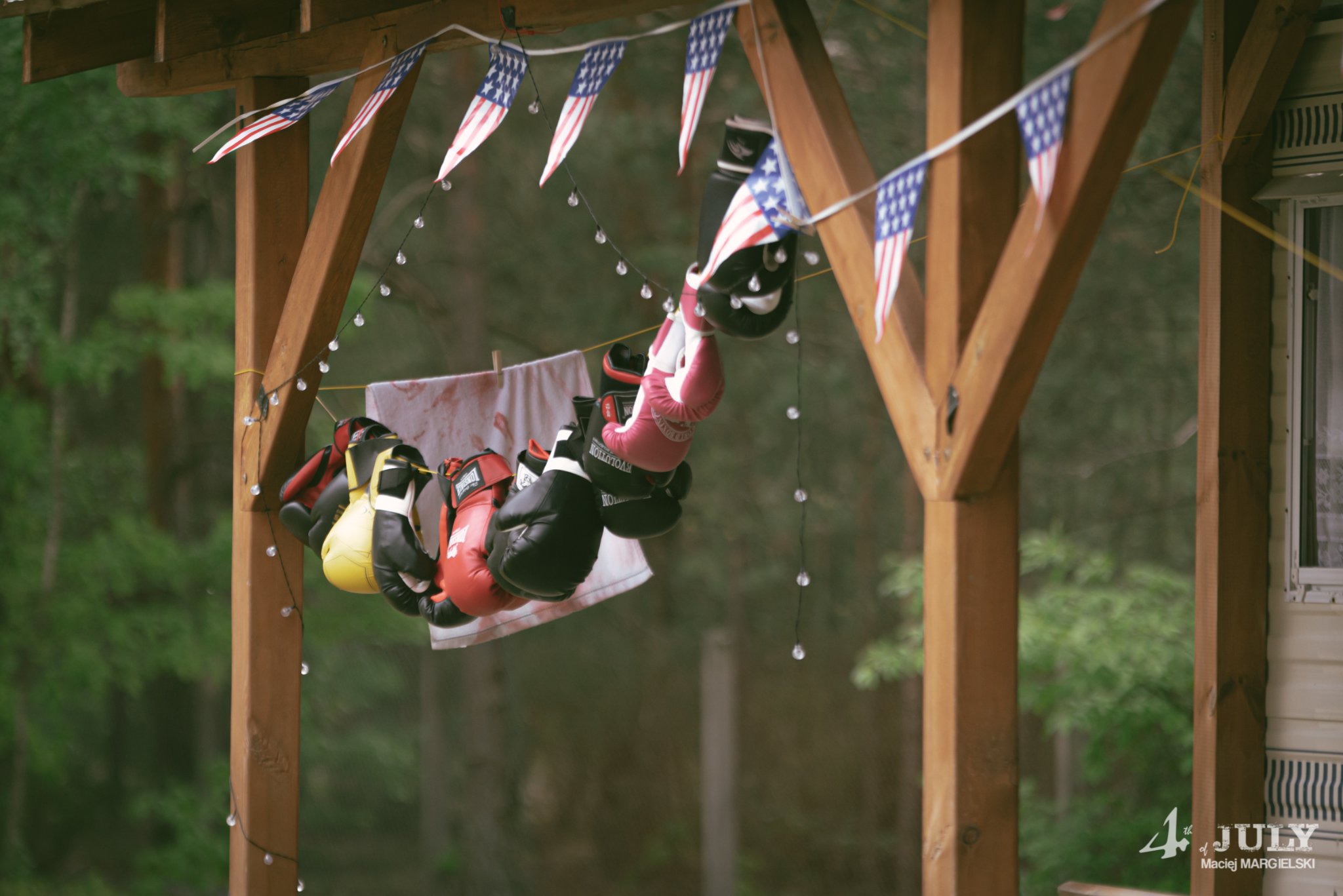Architects and Gardeners
- Notes
“I’m much more a gardener than an architect,” concluded George RR Martin in an interview with the Guardian in 2011. What did he mean? He explained that there are two types of writers,
the architects and the gardeners. The architects plan everything ahead of time, like an architect building a house. They know how many rooms are going to be in the house, what kind of roof they’re going to have, where the wires are going to run, what kind of plumbing there’s going to be. They have the whole thing designed and blueprinted out before they even nail the first board up. The gardeners dig a hole, drop in a seed and water it. They kind of know what seed it is, they know if planted a fantasy seed or mystery seed or whatever. But as the plant comes up and they water it, they don’t know how many branches it’s going to have, they find out as it grows.
I’m definitely a gardener, but I’ve always wished I was an architect.
In school, I always struggled with writing essays because I was usually required to write an outline first, and I hated writing outlines. I didn’t know what I wanted to say; how am I supposed to write an outline for an argument I don’t have yet? I needed to write to know what I thought—to drop the seed in the hole and water it and see what grew from it. But I never allowed myself to explore this side of writing because I had deadlines to meet, and because I was an immature student, I always left all my assignments until the absolute last minute.
In this, I haven’t changed much.
It’s almost 8pm as I’m writing this. I mostly had an idea of what I wanted to write, but instead of spending time throughout the day writing, I procrastinated and only started writing a few hours before I usually go to bed. Sure, deadlines are one of the great motivators in life, but I’m not a young and naive teenager anymore—I don’t have the strength or the time to procrastinate. Nor do I want to anymore.
All my novels have languished for two reasons: I could never meet my own deadlines, and I spent too much time watering the soil instead of figuring out how many rooms the house is going to have. You don’t want to know how many times I’ve rewritten the same story because of the new “seed” I found and I just absolutely had to see what grew from it. Even this post has grown into something I didn’t quite plan or foresee. I had this John Ruskin quote I wanted to fit into this, but I think I’ll have to save it for another day.
I want to be an architect, even a bad architect, as Warren Ellis wrote back in June. “I’m bad at plans,” he wrote. “I try, but I always end up winging it.” And here, I can find both solace and a valuable lesson: as long as I’m out in the field scoring the soil with my trowel and planting the seeds and watering them, I’ll be okay. But an unplanted seed won’t grow, and an unwritten story will never be told.
Whether I plant seeds joyfully and see what grows from them or whether I pull out my drafting pencil and straight edge and get to drafting my house, as long as I’m writing, I’ll be fine.
